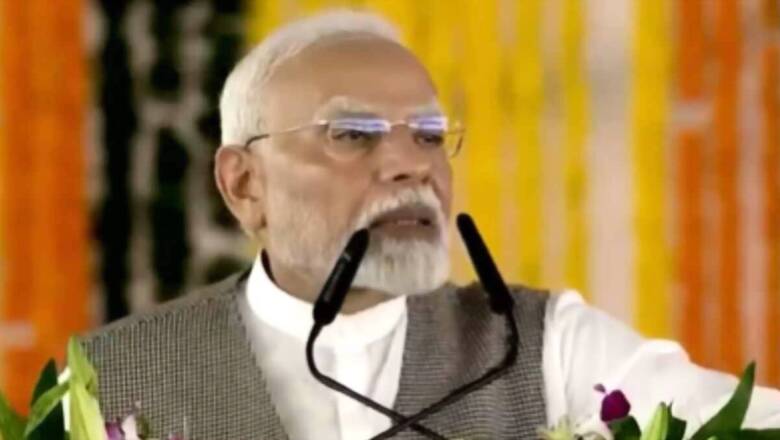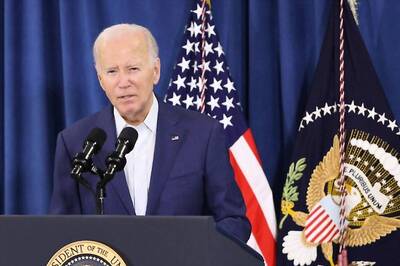
views
To prioritise accountability in public service, Prime Minister Narendra Modi has reportedly asked Union secretaries to assess the performance of government employees. He said this assessment should be done under the rules that give the government the right to retire staff members “in public interest”.
Modi’s directives stressed on the importance of quickly addressing public grievances. Under performance-related rules, more than 500 government officers have already been retired.
According to reports, the directives came soon after the BJP’s stupendous victory in the Haryana assembly elections that gave the party a record third term in the northern state. He held a meeting with Union ministers and secretaries, and reiterated that good governance and development works are rewarded through votes from the people.
According to sources quoted in a report by Times of India, the prime minister asked top officials and ministers to ensure that public grievances are addressed as soon as possible, rather than files being pushed from one place to the other. He asked secretaries to spare one day each week to do this while the ministers should monitor this task.
What are the performance-related service rules?
The ToI report said Modi referred to Fundamental Rule 56(j) of the Central Civil Services (Pension) Rules that give the government the right to retire government employees before they reach the age of retirement. These are meant to develop a responsible and efficient administration at all levels, while achieving speed, economy and efficiency in performing government functions.
The government can retire an employee in case of lack of integrity, ineffectiveness, and “in the public interest”, a term used by the PM during the meeting. Premature retirement under this rule is not a penalty and is different from compulsory retirement, which is a penalty.
Under these rules, an employee’s performance can be periodically reviewed. Once the representation is made to retire an employee, a committee will consider it and, based on that, the appropriate authority can pass orders. A government servant will also be able to make a representation against an order of premature retirement within three weeks.
In case of compulsory retirement, the report further said, the government must give a three-month notice or three months’ pay and allowances. The rule is applicable to employees attaining 55 years of age.




















Comments
0 comment